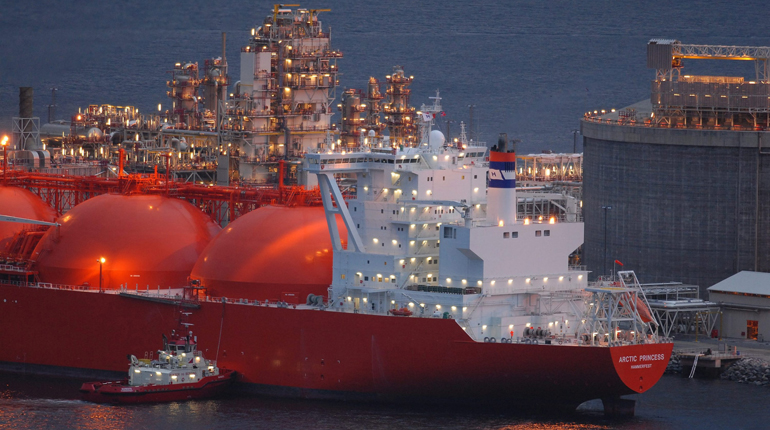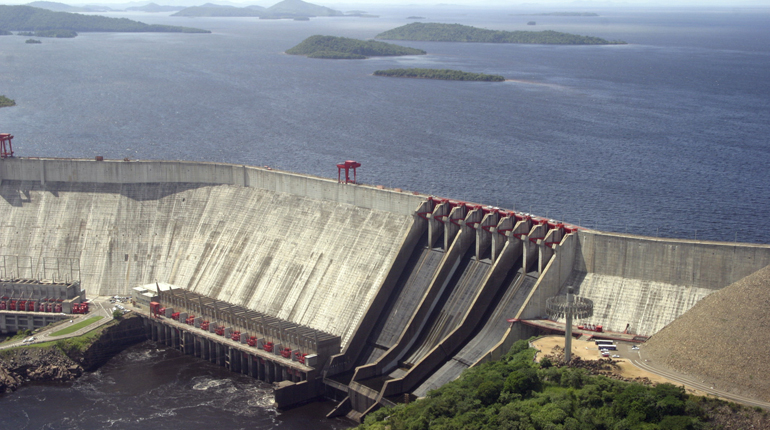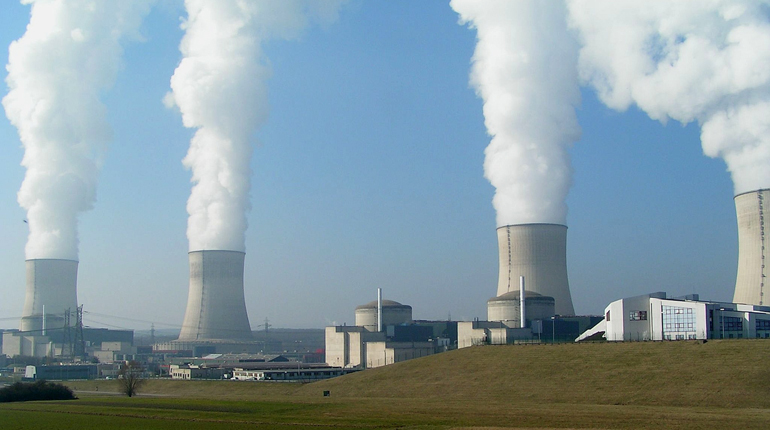 An LNG carrier at Norway’s Snohvit plant. The industry is struggling with new EU laws on LNG trading transparency. (Statoil)
An LNG carrier at Norway’s Snohvit plant. The industry is struggling with new EU laws on LNG trading transparency. (Statoil)
New EU laws on transaction reporting appear to overlook certain key aspects of the LNG business and could make it hard for LNG traders to comply, say industry stakeholders.
Energy deals such as LNG transactions will be subject to reporting obligations under the EU’s Regulation on Wholesale Energy Markets Integrity and Transparency (REMIT), the second phase of which will apply from 7 April.
Although REMIT is tailor-made for EU wholesale gas and power markets, it also applies to LNG trading, where suppliers are often located outside EU jurisdiction. Moreover, the destination of an LNG cargo is not always known and vessels are sometimes redirected at open sea to take advantage of global price movements. Stakeholders say this makes it difficult to comply with the reporting obligations.
"There might be cases when the destination of an LNG cargo is not known or the cargo is redirected in open sea, which raises questions with regards to the REMIT reporting and transparency obligations," Andrew Woosey, a partner dealing with commodities markets at EY, told Natural Gas Daily.
"It will be very difficult to compel third countries outside EU jurisdiction to perform administrative tasks they are not obliged to carry out. It is a grey area and REMIT is not really addressing this issue," he added.
Market participants will be obliged to report over-the-counter (OTC) transactions executed within the EU’s jurisdiction to the Agency for the Cooperation of Energy Regulators (ACER). The overall aim is for ACER to monitor wholesale energy markets and identify potential cases of market abuse.
The challenges of reporting global LNG trades to ACER were raised by several speakers and panellists at the Energy Trading Regulations and Compliance Summit in London this week. Conference delegates asked whether daily movements of LNG cargoes would have to be reported to the agency, as this is unclear under the current guidelines.
Day of the MiFID
Questions also focused on whether LNG trades would count towards aggregate position limits under the revised Markets in Financial Instruments Directive (MiFID 2), which is expected to apply from 2018.
MiFID 2 puts restrictions on the number of energy derivative contracts companies can hold and only exempts contracts that must be physically settled. All other energy derivatives are seen as financial instruments and therefore fall within the scope of MiFID 2.
"Interpreting whether or not LNG trading falls under the scope of REMIT and MIFID is problematic for us," Peter Krusaa, senior lead regulatory adviser at Dong Energy, told NGD on the sidelines of the conference. "With regards to MiFID, the first question is: are LNG transactions financial instruments? If so, which jurisdiction does a global LNG trade fall under?"
Unlike MiFID, REMIT targets both physical and financial energy contracts. The regulation has been drawn up to combat market manipulation, which some claim is widespread in energy markets. REMIT has required power and gas producers to disclose inside information such as power plant outages publicly since 2011.
The obligation for ‘organised marketplaces’ – such as power and gas exchanges – to report trade data came into force in October last year. The reporting requirement for OTC trades therefore completes the enforcement of the regulation.
"The second phase completes the reporting of trade and fundamental data to ACER, thus giving us the full picture of trading in wholesale energy markets in the EU," ACER Director Alberto Pototschnig said in a statement published this week. "With this information, ACER will be able to monitor these markets more effectively, to promote their integrity and transparency."
The definitions of market manipulation and insider trading in REMIT are in line with those applying under the Market Abuse Directive, although they have been adapted for energy markets.
Examples of market abuse include: trading with knowledge of production outages at gas fields or power plants before they are announced; non-disclosure of outages; and placing bids or offers at artificially high or low prices to distort market signals. Spreading false rumours and data through the media is also prohibited.
A number of high-profile cases involving the rigging of wholesale gas and power markets have been exposed in the United States over the past few years, but in Europe investigations are hampered by insufficient funding and a lack of staff, according to ACER.
"The pipeline of cases is getting longer and longer […] We will be lost if we are not funded enough," Pototschnig told journalists in Brussels in September last year. "REMIT is not something we invented ourselves. It was handed to us by legislators."







